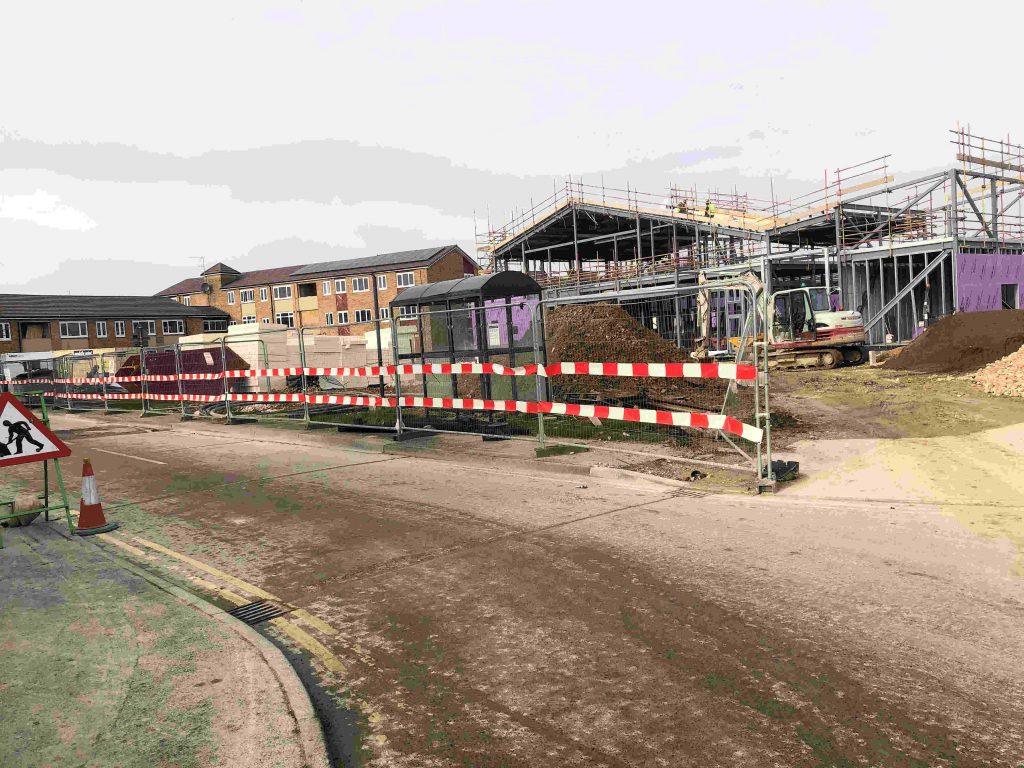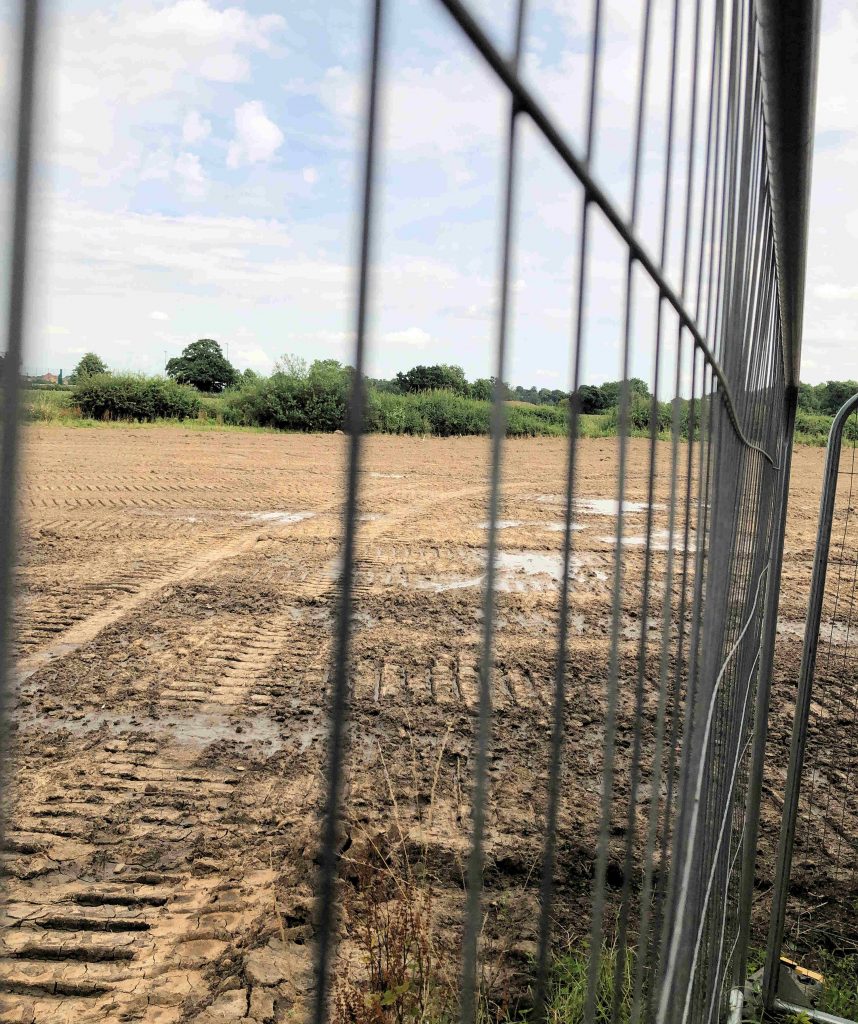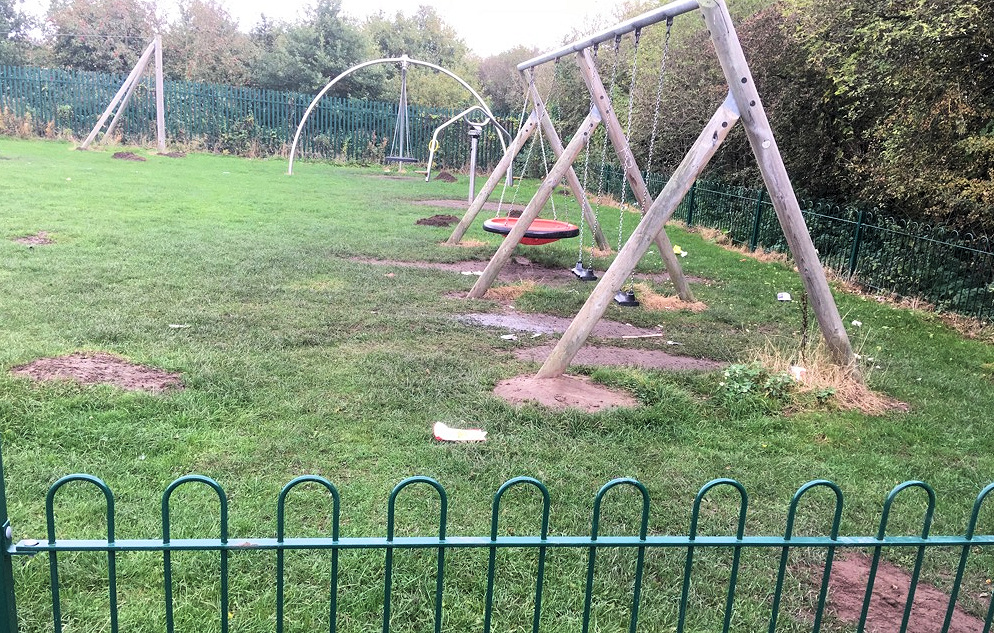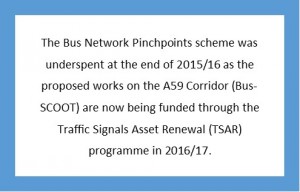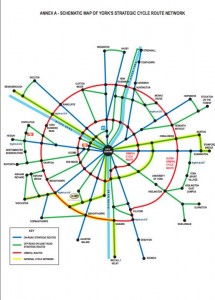Two of York’s specialist schools could benefit from a £2.67m investment if plans are approved by City of York Council’s Executive later this month (20 May).
The Executive will be asked to approve plans for capital works at Applefields Special School, which supports secondary aged students, with a wide range of special educational needs; and Danesgate which is home to York’s Pupil Referral Unit and supports young people with Social, Emotional and Mental Health (SEMH) needs.
The proposals recognise the continued rise in pupil numbers at Applefields over the last four years and a need to better support the needs of children and young people with Social, Emotional and Mental Health needs at Danesgate.
Members will be asked to approve plans to approve works to adapt existing office and break out space into classrooms at Applefields, ready for the September 2021 intake. The proposals would enable the school to support the increasing number of young people with highly complex needs, such as those with profound and multiple learning difficulties (PMLD), autism, and those with the highest level of social and emotional need.
Phase 2 of the project would see the creation of essential administrative space and, if approved, would be completed by September 2022. The total value of the works is approximately £765,000. Remodelling and reorganisation of the site at Danesgate is needed to reflect the changing needs of the children and young people using the centre, with increasing numbers of pupils having communication and interaction needs.
The proposals also recognise the rising number of children and young people who are unable to attend school with their peers due to mental health needs and an increasing need to have more bespoke provision for many students who display anxieties, including specific intervention and break out spaces.
The proposed capital works at Danesgate would see the reconfiguration of the current buildings, to create smaller classrooms and breakout spaces, enabling the centre to meet the varied needs of pupils. The total cost of the proposed works is £1.9m.
Cllr Keith Orrell, the council’s Executive Member for Children, Young People and Education, said:
We know that the number of children and young people with Special Educational Needs and Disabilities, including those with Social, Emotional and Mental Health needs, across the city is continuing to increase. As a city committed to supporting all our residents, it’s important that we ensure that we are able to provide the right support to enable all our children and young people to fulfil their individual potential.

